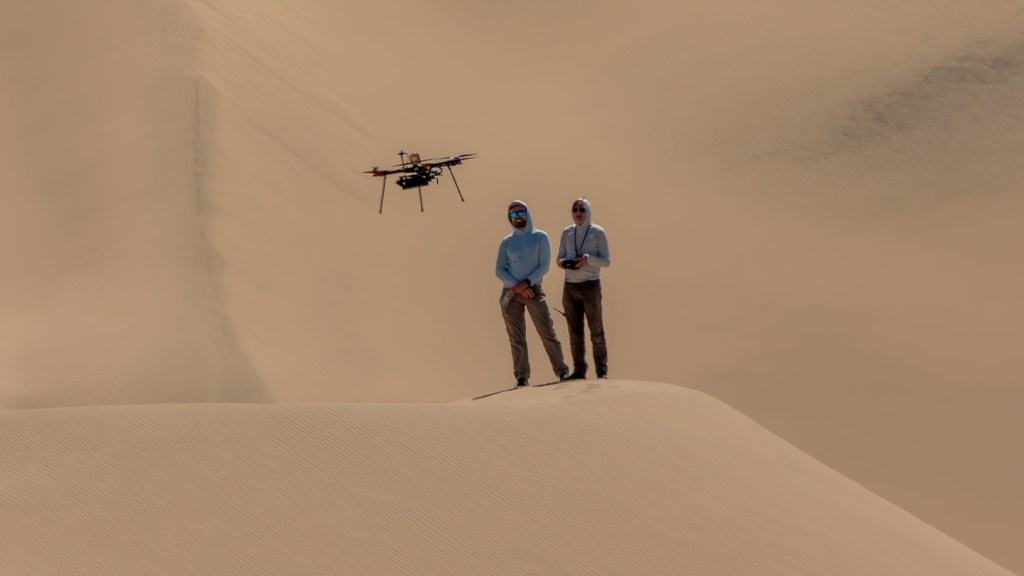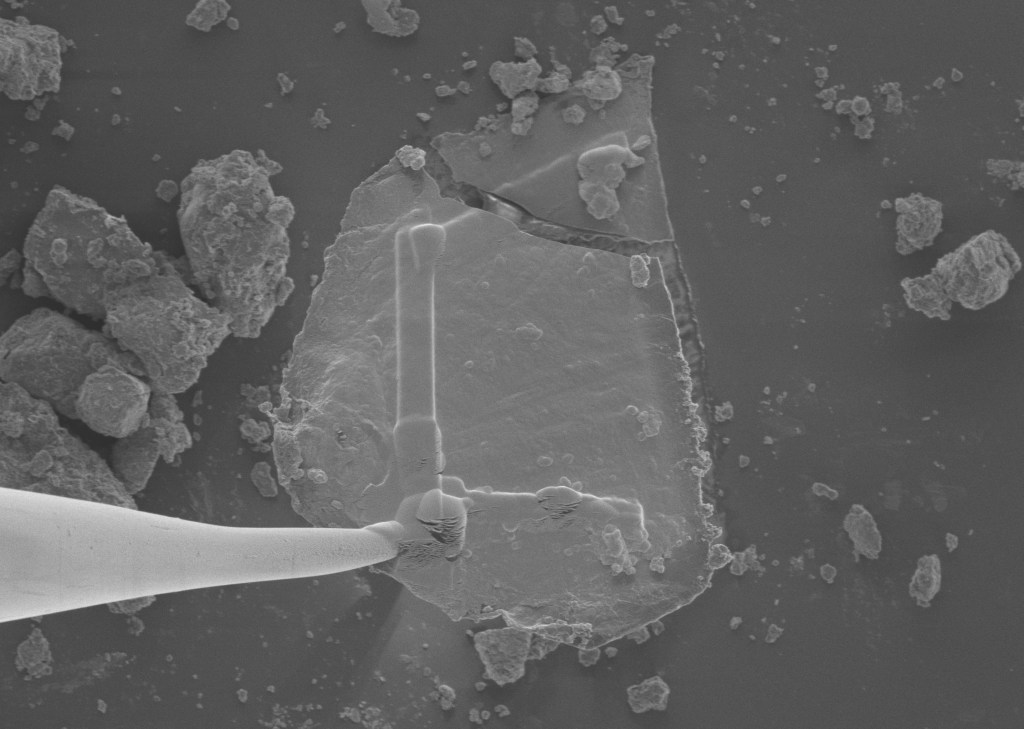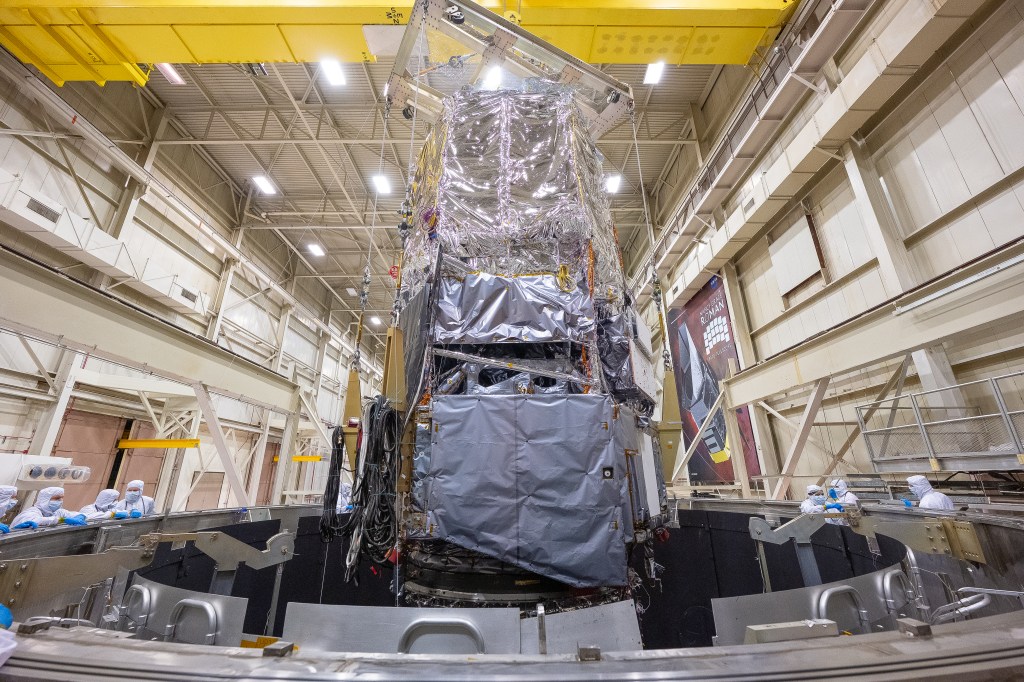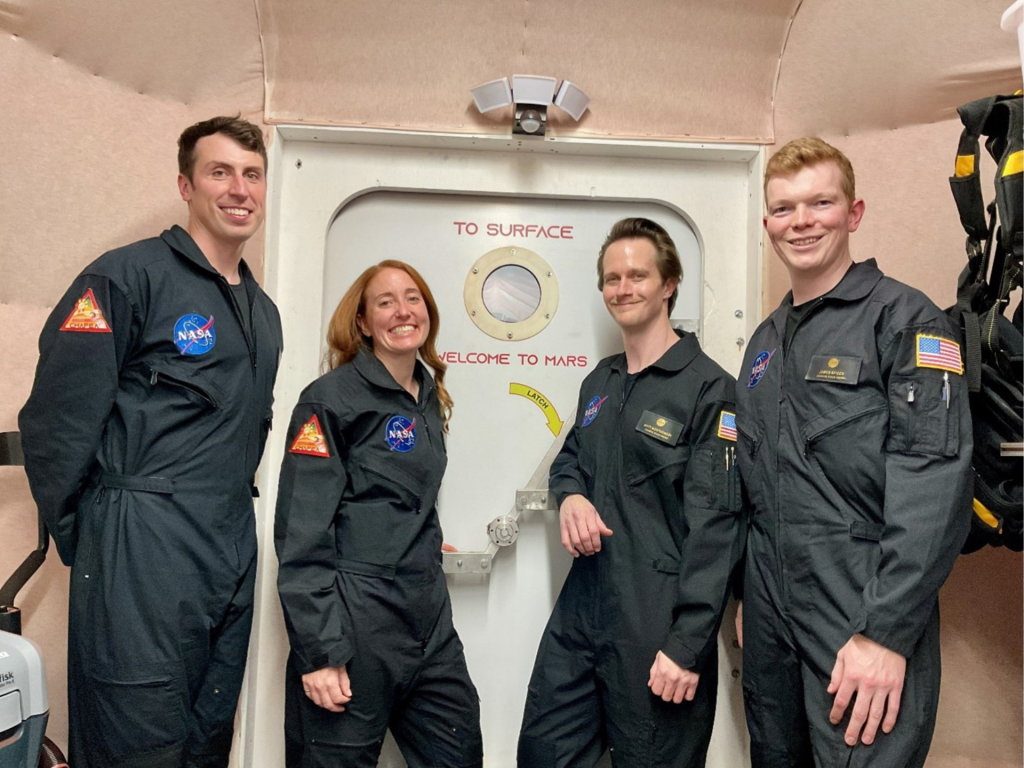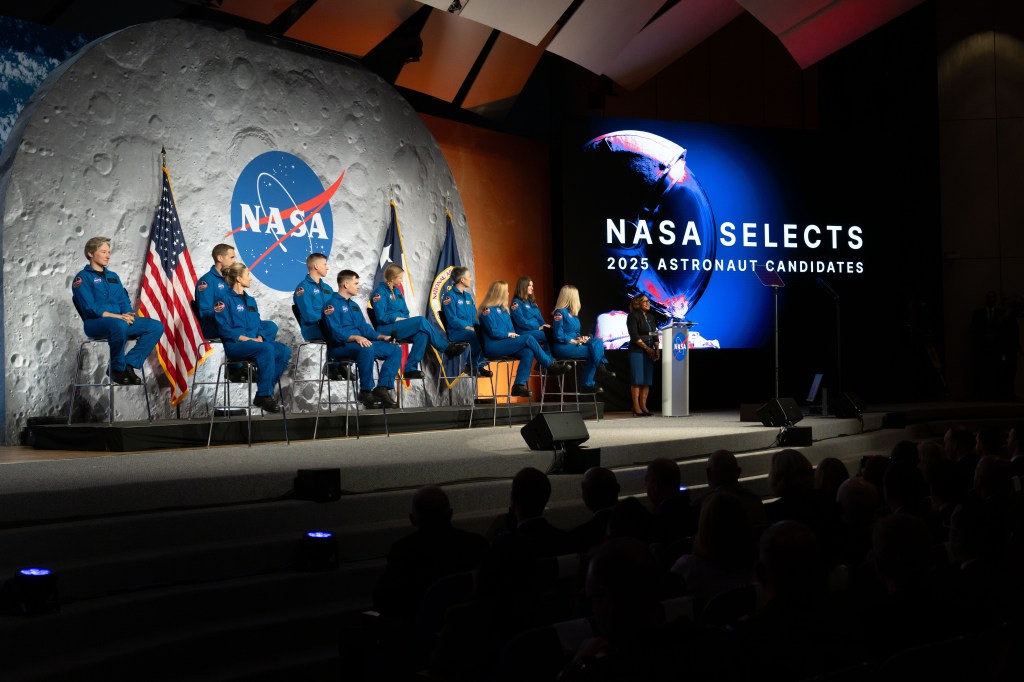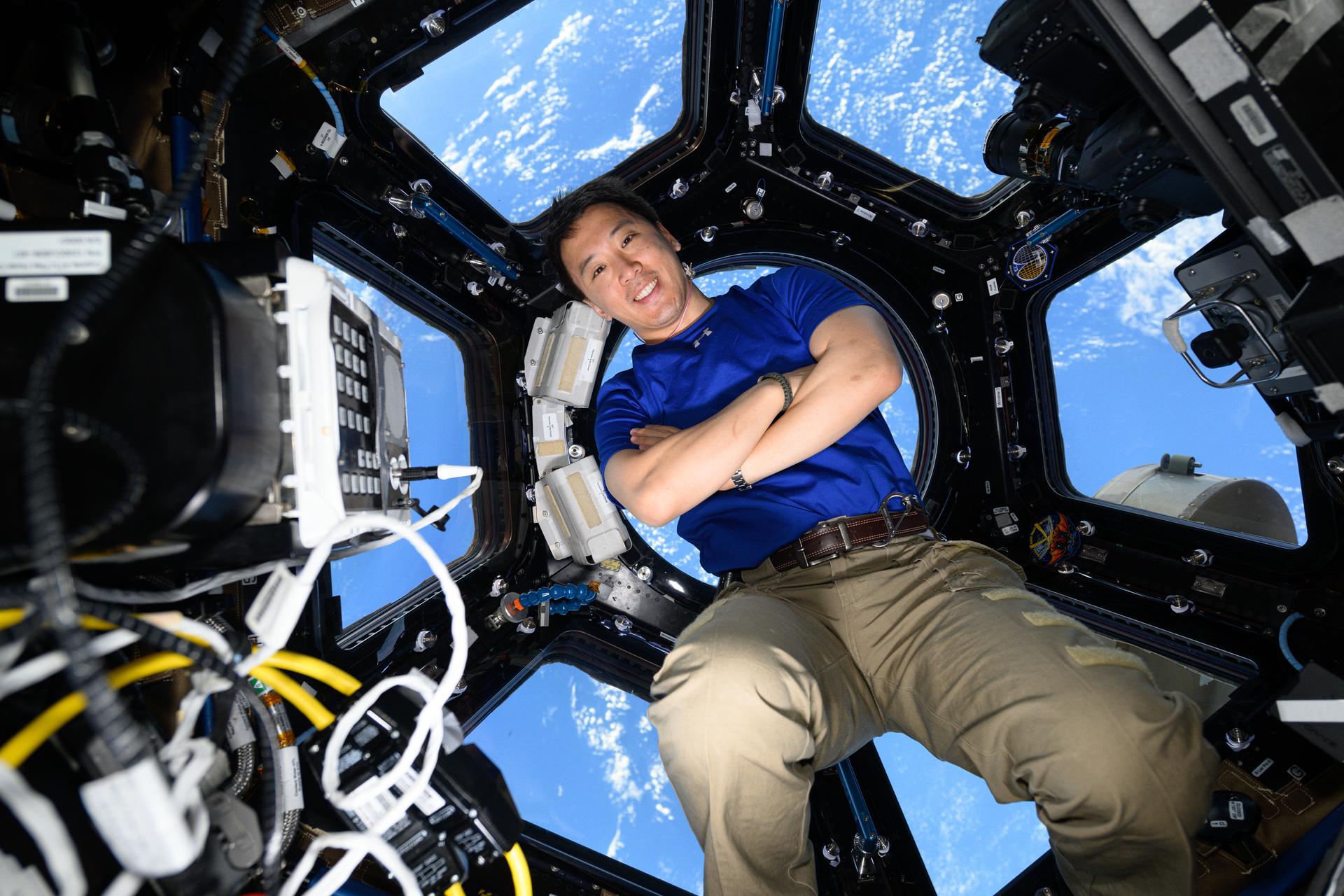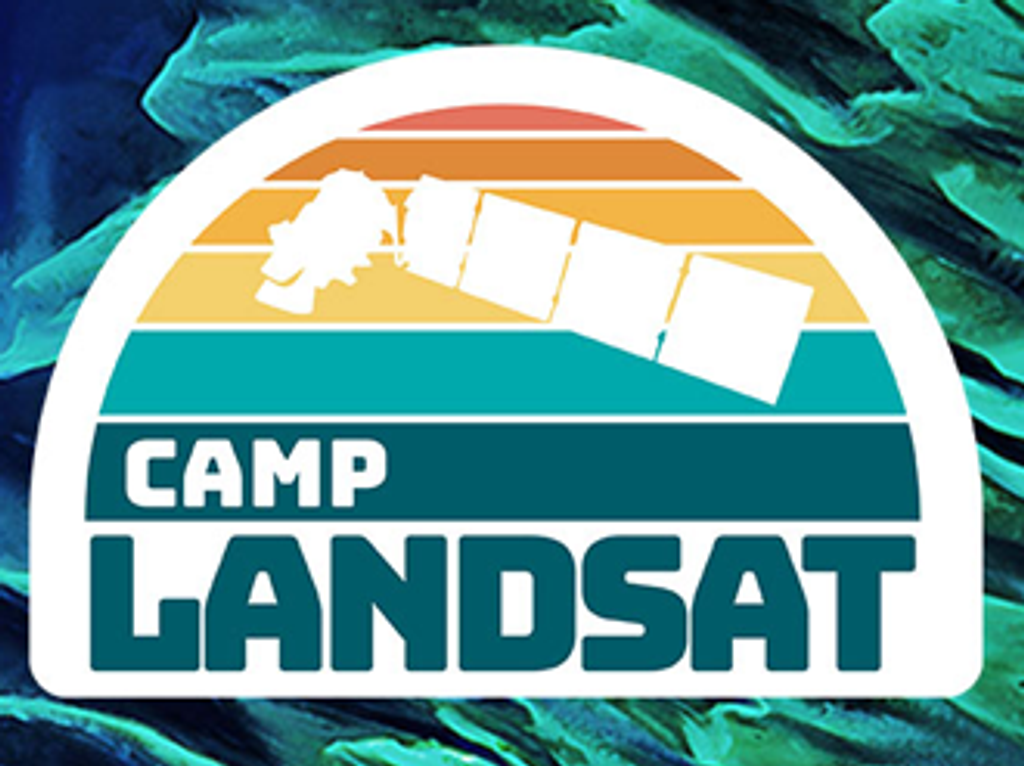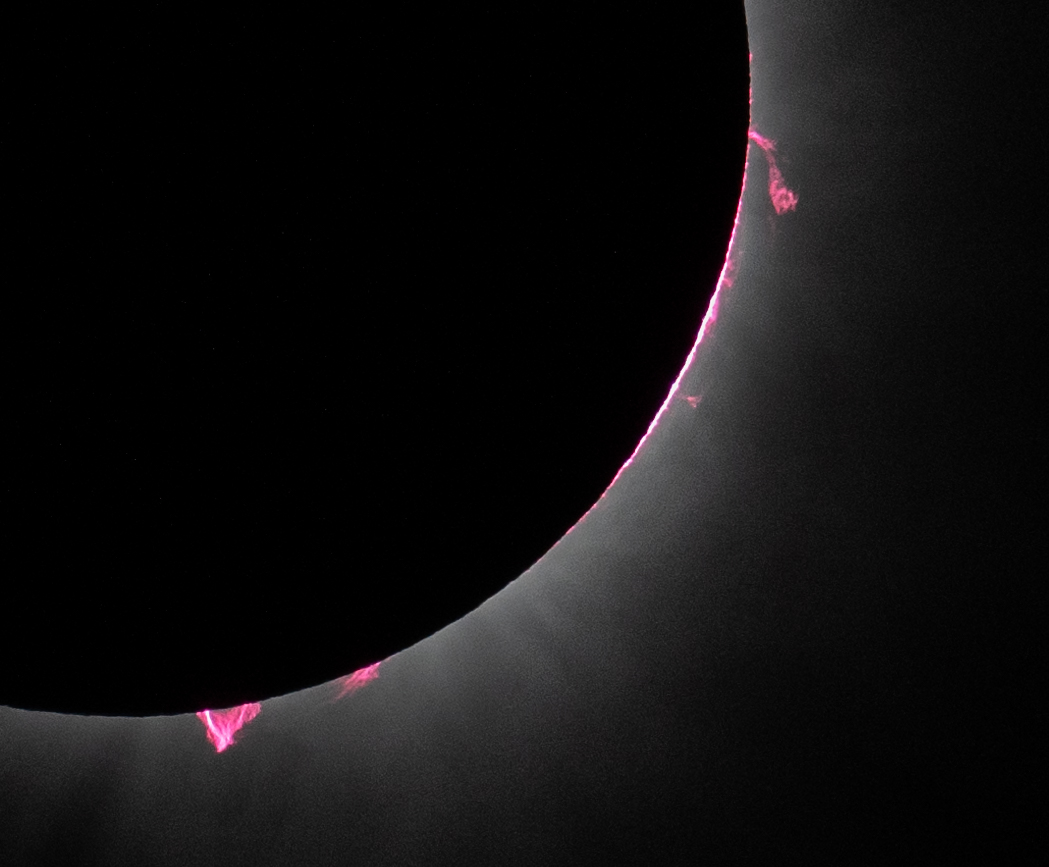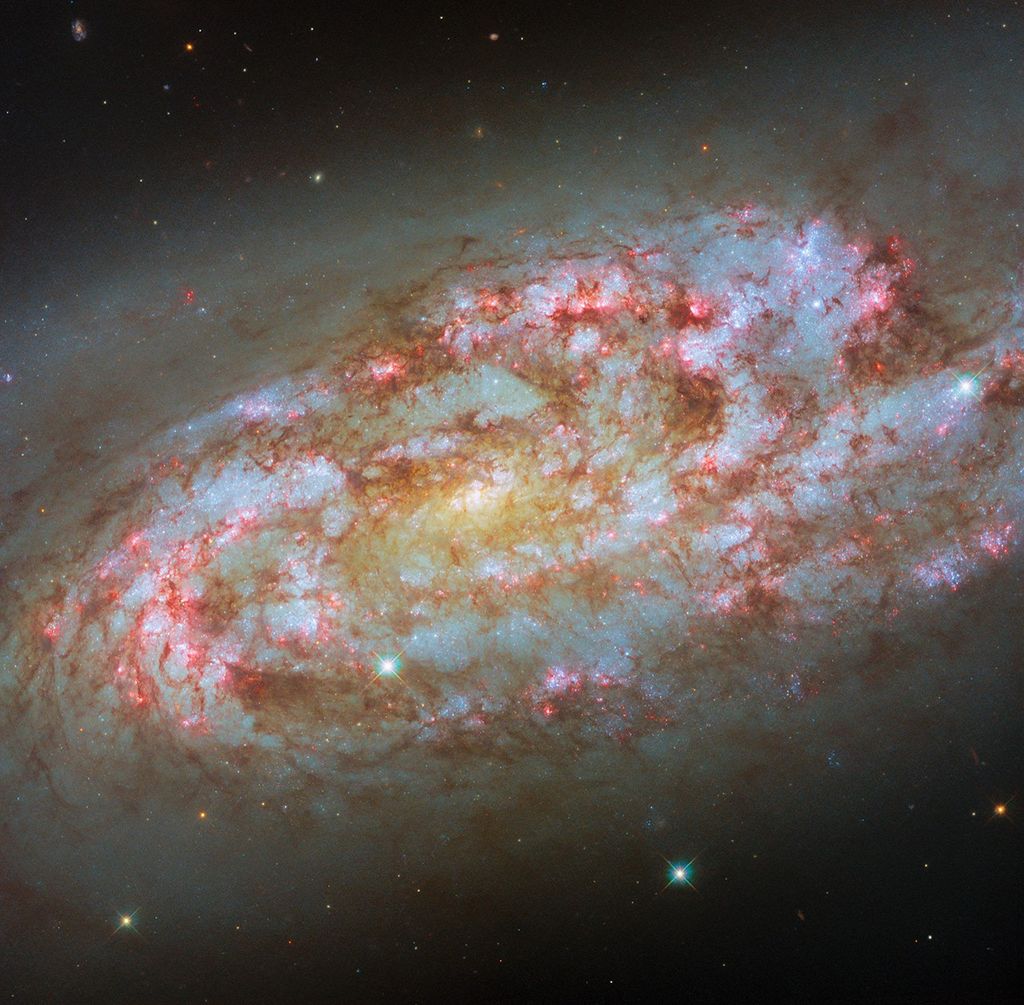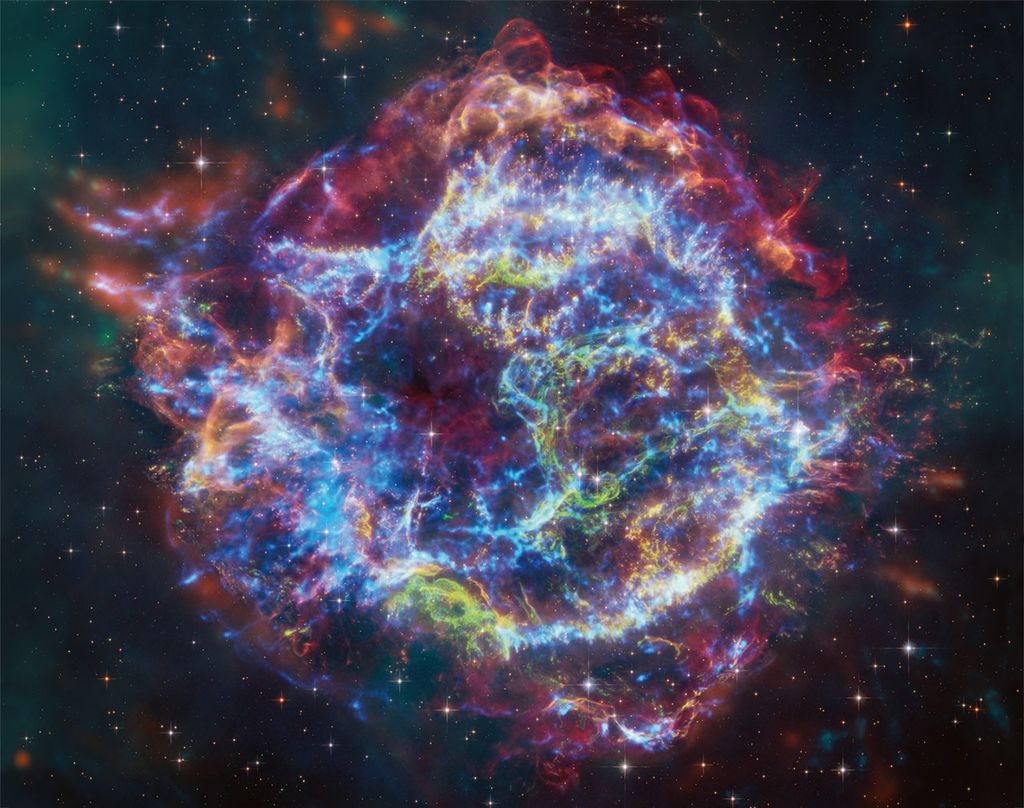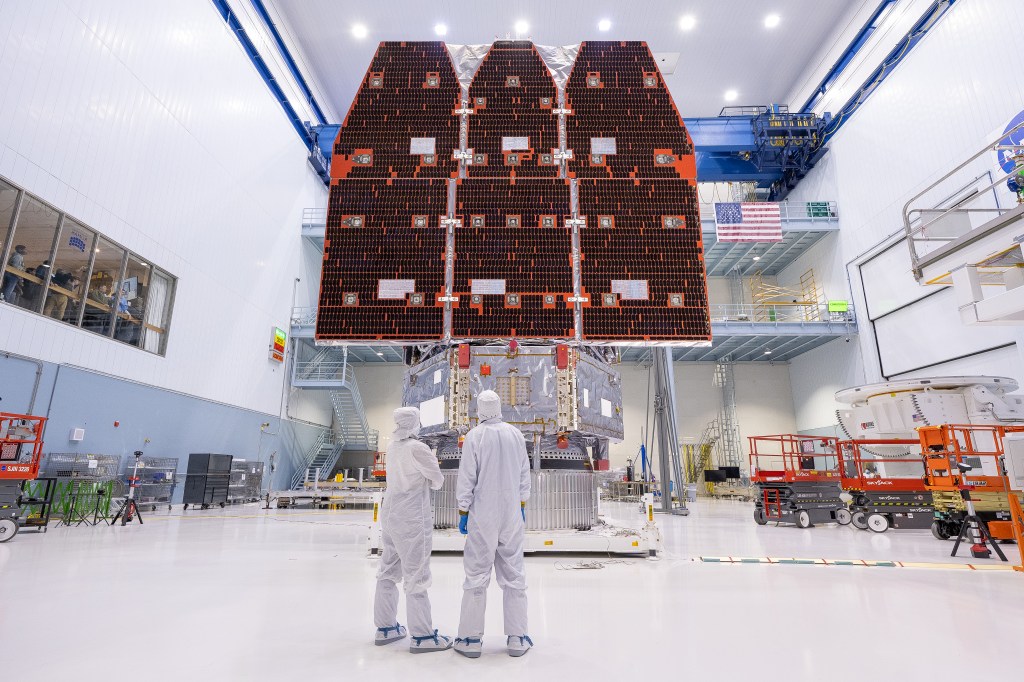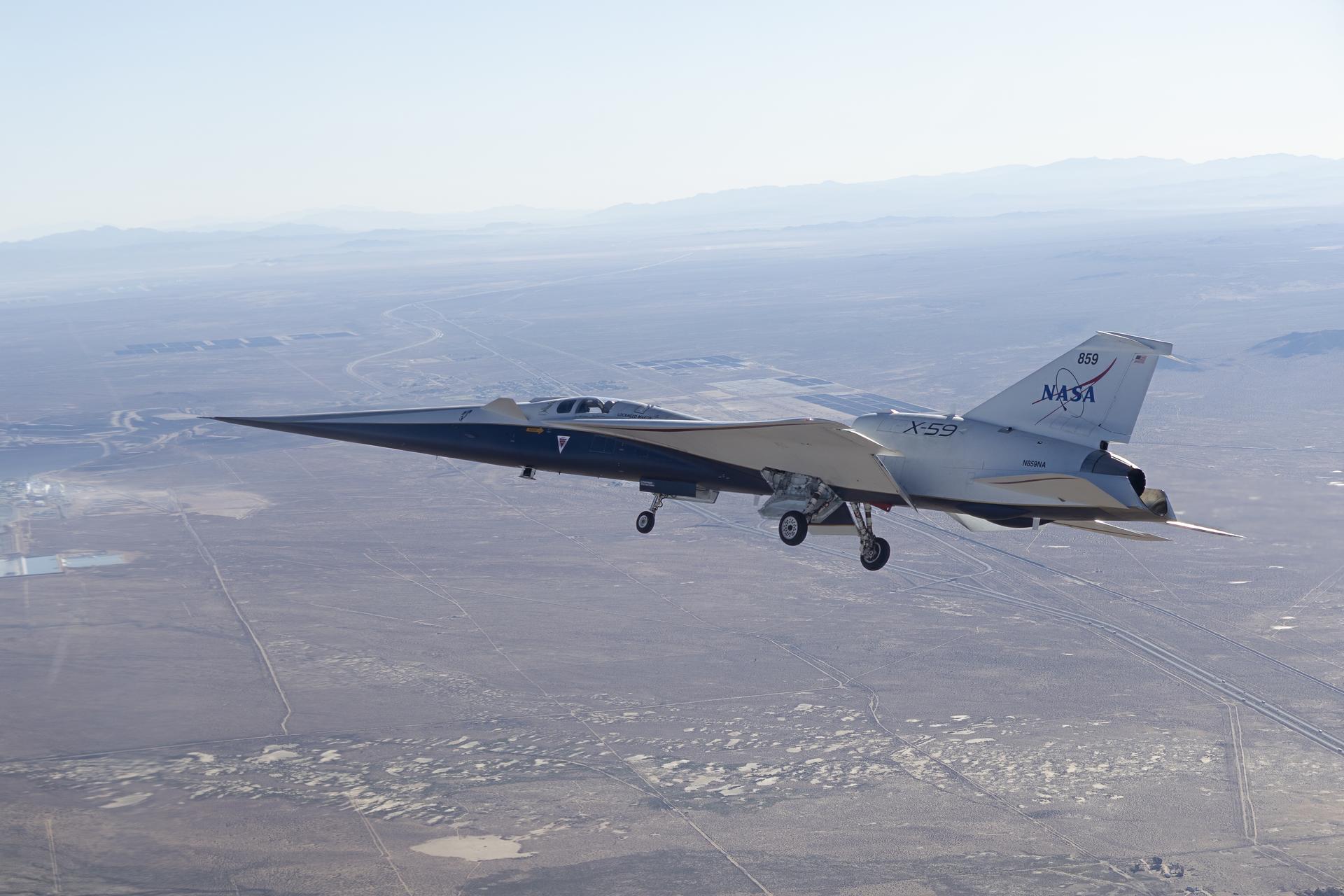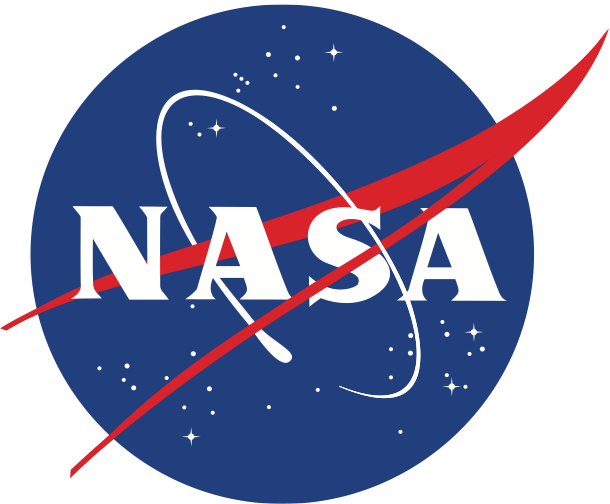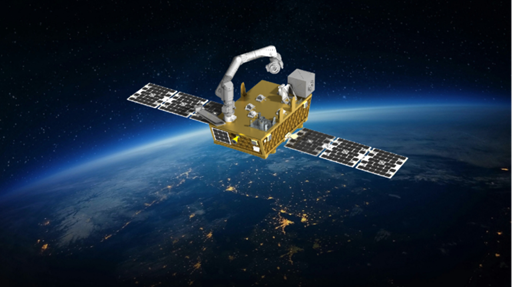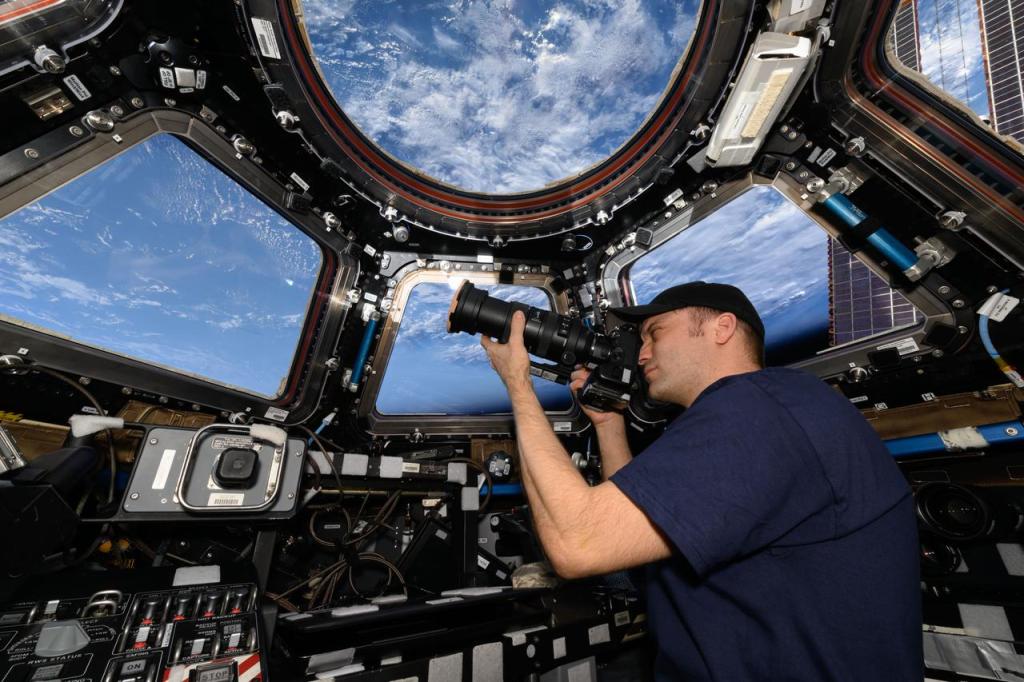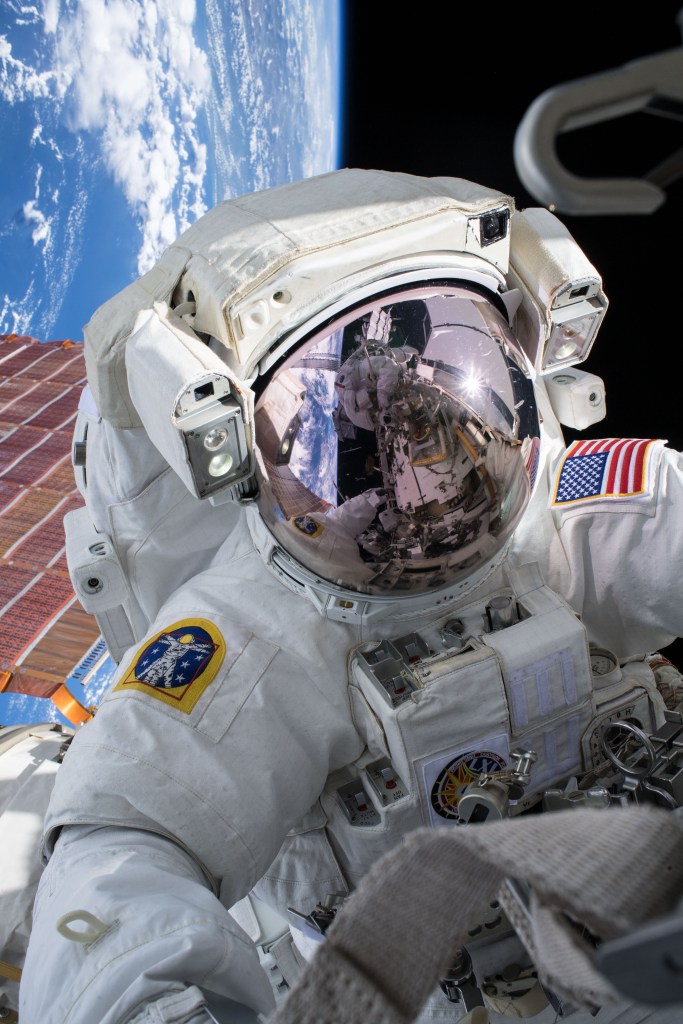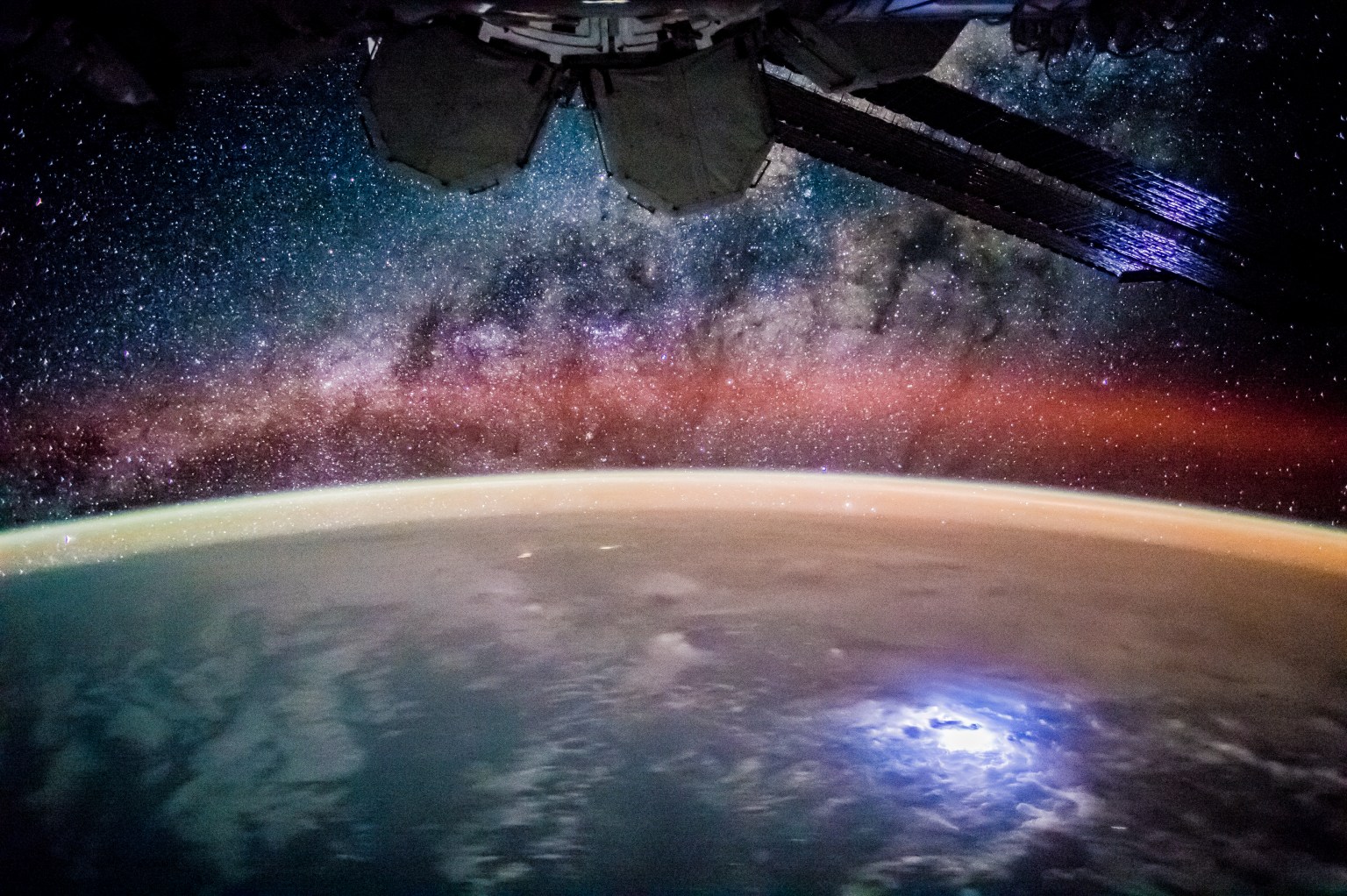Groundbreaking new ideas can come from anywhere, but some ideas face a tougher path to implementation than others. NASA has awarded a total of nearly $600,000 to 10 minority-serving institutions (MSIs) across the U.S. to amplify the voices of diverse innovators and help their ideas find a way into NASA’s programs.
Awardee MSIs receive funding and NASA guidance to forge a partnership with a small business in hopes of proposing to the annual NASA Small Business Technology Transfer (STTR) Phase I solicitation. This planning grant opportunity, known as MUREP-STTR (M-STTR), was introduced in 2021 to incentivize long-term partnerships between MSIs and small businesses and maximize the potential for new technologies. The grants each have a maximum value of $50,000.
M-STTR is offered through a partnership between NASA’s Space Technology Mission Directorate’s Small Business Innovation Research/Small Business Technology Transfer program (SBIR/STTR) and NASA’s Office of STEM Engagement’s Minority University Research and Education Project (MUREP).
“The funding and mentorship provided through the M-STTR awards help the skilled research teams at these schools build knowledge and create connections with small businesses so they can take their ideas from the lab to the market, strengthening the STTR program in the process through their contributions,” said NASA MUREP Partnerships Lead Rod Chappell.
Earlier this year, NASA was named the top government/non-profit supporter of HBCU engineering by US Black Engineer magazine. The M-STTR initiative is one way NASA is working to create a more equitable environment for innovation, within both the agency and the wider commercial space sector. Oakwood University, a historically Black university based in Huntsville, Alabama, was one of the inaugural 2021 M-STTR award winners and is now a 2022 NASA STTR Phase I awardee in partnership with a local small business.
Awardee institutions and their accompanying M-STTR proposal titles are:
- California State Polytechnic University, Pomona
Panopticon Technology Development Partnershic
- California State University, Long Beach
Development of Enabling Technologies for a Novel All-Rotating UAV
- Florida A&M University
Model Based Systems Engineering with Digital Twin for Energy Storage Design and Development
- Hunter College
Synthetic Mucins for Fulfilling NASA’s Soft Materials Needs
- Texas State University
Lunar Concrete for Additive Manufacturing Using Locally Available Resources on the Moon
- University Of Central Florida*
- Developing Sensors and Instrumentation for Lunar and Ground Applications
- High-Performance Rotating Detonation Rocket Engine
- University of Hawaiʻi at Mānoa
An Open-Source, Comprehensive Robot Dynamics and Control ROS2 Simulation Environment for Planetary Surface Missions
- University Of Texas at Arlington
An Ultra-Efficient High-Fidelity Tool for Thermomechanical Design of Tailorable Composites
- University Of Texas at El Paso
Carbon Dioxide Electrolysis via Electrochemical Reactions in Polymerized Ionic Liquid (POIL) Membranes for Oxygen Resource Recovery
- University Of Texas at San Antonio*
- Embedded Optical Sensors Enabled by Additive Manufacturing for In-situ Measurements in Propulsion Flows
- Climate Enhancing Resource Utilization Through Ultra-low-temperature, Electrolytic Carbon Dioxide Valorization on Mars
*Proposals awarded to separate teams, each working with a different small business
To view an abstract from each of the institutions, visit: https://nspires.nasaprs.com/external/solicitations/summary!init.do?solId={199B21DC-6EB4-955D-E87D-1E502511886B}
Administered through NASA’s Office of STEM Engagement, MUREP supports the training and development of students and faculty at minority serving institutions in STEM fields. MUREP awards are established to strengthen and develop these institutions’ research capacity and infrastructure in areas of strategic importance and value to NASA’s mission and national priorities.
NASA’s Small Business Innovation Research/Small Business Technology Transfer (SBIR/STTR) program provides funding to small businesses to support the research, development, and demonstration of innovative technologies that fulfill NASA needs as described in the annual solicitations and have significant potential for successful commercialization. Part of STMD, the program is managed by NASA’s Ames Research Center in California’s Silicon Valley. The technologies advanced through the program address challenges and support programs across all of NASA’s mission directorates and centers.

